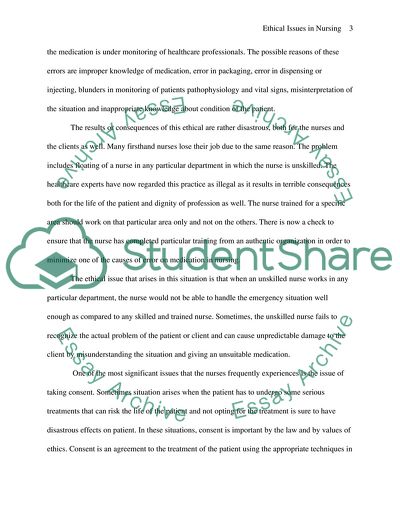Cite this document
(Ethical Issues in Nursing Coursework Example | Topics and Well Written Essays - 2500 words, n.d.)
Ethical Issues in Nursing Coursework Example | Topics and Well Written Essays - 2500 words. https://studentshare.org/nursing/1729557-ethical-issues-in-nursing
Ethical Issues in Nursing Coursework Example | Topics and Well Written Essays - 2500 words. https://studentshare.org/nursing/1729557-ethical-issues-in-nursing
(Ethical Issues in Nursing Coursework Example | Topics and Well Written Essays - 2500 Words)
Ethical Issues in Nursing Coursework Example | Topics and Well Written Essays - 2500 Words. https://studentshare.org/nursing/1729557-ethical-issues-in-nursing.
Ethical Issues in Nursing Coursework Example | Topics and Well Written Essays - 2500 Words. https://studentshare.org/nursing/1729557-ethical-issues-in-nursing.
“Ethical Issues in Nursing Coursework Example | Topics and Well Written Essays - 2500 Words”. https://studentshare.org/nursing/1729557-ethical-issues-in-nursing.


